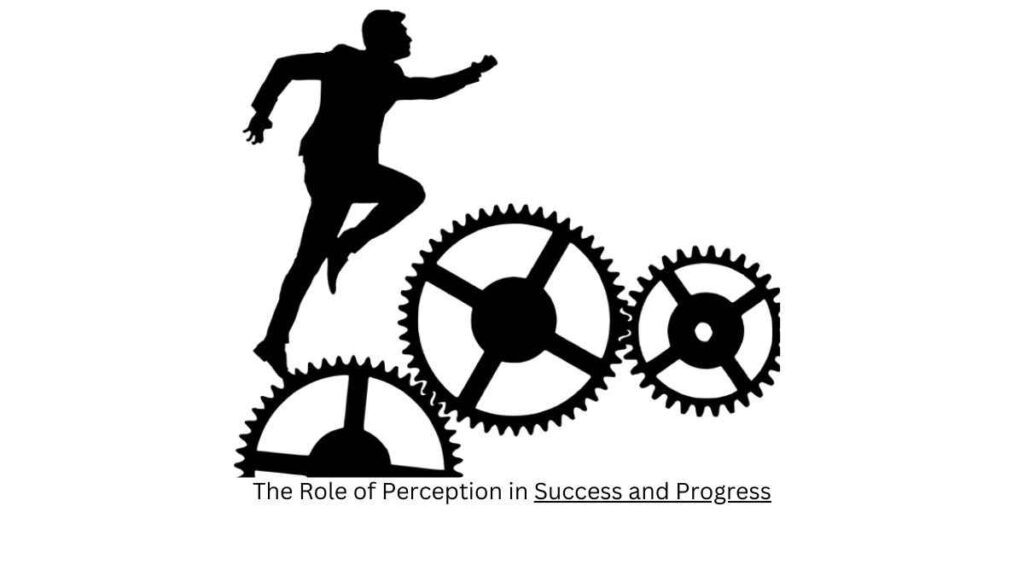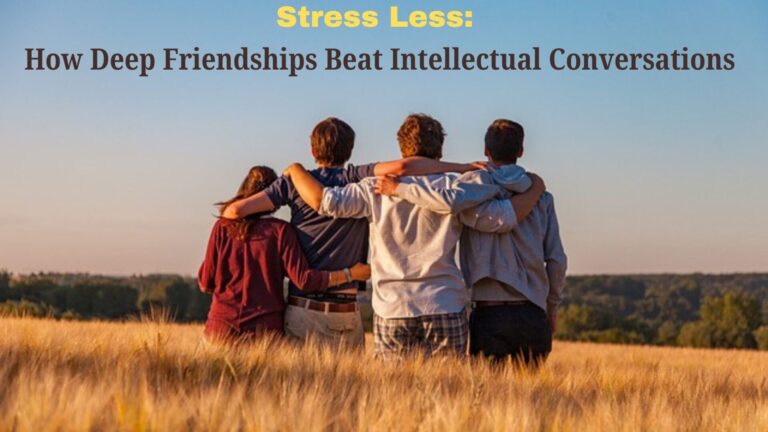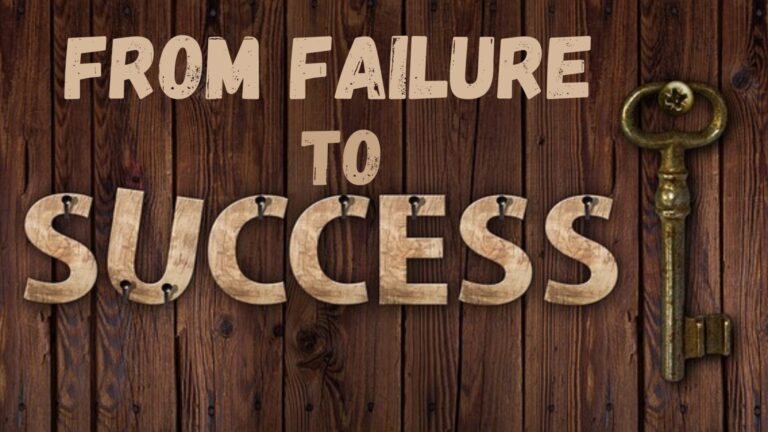Introduction:-
The Role of Perception in Success and Progress

Perception, the way we interpret and make sense of the world around us, plays a crucial role in shaping our actions and decisions. It has a profound impact on our journey towards success and progress. In this article, we will explore how perception can influence one’s path to success and how society’s perception of good and bad deeds can shape the outcomes. Through examples and insights, we’ll shed light on the intricate relationship between perception and progress.
Explores How Perception Can Influence Success and Progress
Perception shapes our beliefs, attitudes, and behaviors. It can either propel us forward or hold us back on our quest for success. To illustrate this point, let’s consider the story of two individuals, Alice and Bob, who embark on similar career paths.

Alice is confident and optimistic. She perceives challenges as opportunities for growth. When faced with a setback, she views it as a temporary obstacle and persists in her efforts to overcome it. Her positive perception fuels her determination and resilience. As a result, she consistently progresses in her career, earning promotions and recognition.
On the other hand, Bob has a more pessimistic perception of the world. He views challenges as insurmountable hurdles and often gives up when faced with difficulties. His negative perception becomes a self-fulfilling prophecy, hindering his career advancement.
This simple example demonstrates how perception can significantly influence an individual’s success. Alice’s positive perception empowers her to navigate challenges effectively, while Bob’s negative perception impedes his progress.
Discusses How Society Perceives Good and Bad Deeds
Perception extends beyond the individual level; it also encompasses how society views and judges the actions of individuals. Society’s perception of good and bad deeds can profoundly impact an individual’s progress and opportunities.

Consider the case of Sarah, who has dedicated her life to volunteering for various charitable organizations. Her selfless acts of kindness and generosity go largely unnoticed by the public and the media. Society’s perception tends to focus on sensationalism and negative news, overshadowing the positive contributions of individuals like Sarah.
On the other hand, Mark, who occasionally engages in unethical practices to achieve financial success, garners significant attention and praise for his apparent achievements. Society often rewards those who appear to be successful, regardless of the means they employ.
This disparity in perception raises important questions about the values and priorities of society. Are we placing too much emphasis on material success and not enough on the ethical dimensions of progress? The way society perceives good and bad deeds can influence the choices individuals make in their pursuit of success.
Explores how good deeds can lead to long-term benefits
Good deeds can indeed lead to long-term benefits, and here’s how:

- Building Positive Relationships: When you engage in good deeds, such as helping others or volunteering, you often build strong and positive relationships with people in your community. These relationships can last for years, even a lifetime, and can provide support, networking opportunities, and a sense of belonging.
- Enhanced Reputation: Acts of kindness and generosity are remembered and appreciated by others. Over time, your reputation as a compassionate and helpful individual can grow. People are more likely to trust and collaborate with individuals who have a history of good deeds.
- Increased Well-Being: Engaging in good deeds is associated with increased psychological well-being. When you feel good about yourself and the positive impact you’re making on others, it can lead to improved mental health and greater life satisfaction, which can persist over the long term.
- Skills and Personal Growth: Many good deeds involve acquiring new skills or gaining valuable experiences. For example, volunteering at a non-profit organization might provide you with leadership skills, project management experience, or a deeper understanding of a particular field. These skills and personal growth experiences can benefit your career and personal life for years to come.
- Positive Reciprocity: The concept of “paying it forward” is powerful. When you do a good deed for someone, they may be inspired to do the same for others in the future. This positive reciprocity can create a ripple effect of kindness and goodwill that extends far beyond your initial action.
- Improved Networking: Engaging in good deeds often leads to expanded social networks. Whether through volunteering or simply helping others in your professional network, you can connect with a diverse group of individuals who may provide opportunities, advice, or support in the long term.
- Loyalty and Trust: Good deeds can foster loyalty and trust among friends, colleagues, and customers. People are more likely to stick with those they trust and have positive experiences with, which can lead to lasting relationships and partnerships.
- Legacy and Impact: Many good deeds have a lasting impact on the community or the world. Your contributions, whether through charitable donations, volunteer work, or mentorship, can leave a positive legacy that continues to benefit others long after you’re gone.
- Emotional Resilience: Engaging in good deeds can contribute to emotional resilience. When you’ve built a history of helping others, you may find it easier to cope with life’s challenges and setbacks, knowing that you have a strong support system and a sense of purpose.
- Personal Fulfillment: Ultimately, the long-term benefit of good deeds often lies in the sense of personal fulfillment and purpose they bring. Knowing that you’ve made a positive difference in the lives of others can be one of the most enduring and meaningful rewards.
In summary, good deeds can lead to long-term benefits that encompass personal well-being, positive relationships, career advancement, and a sense of fulfillment. Engaging in acts of kindness and generosity not only makes the world a better place but also enriches your life in numerous ways over the course of years and even decades.
Conclusion
In the journey of life, success and progress are not solely determined by personal effort and merit. Perception, both individual and societal, plays a pivotal role in shaping our paths. We’ve seen how one’s perception can either propel them toward success or hold them back. Optimistic, determined individuals who perceive challenges as opportunities tend to achieve more. Conversely, those with a negative outlook often struggle to progress.
Society’s perception of good and bad deeds also matters. When society prioritizes material success over ethical considerations, it can inadvertently reward individuals who engage in unethical behavior. This can create a skewed incentive structure, where people are tempted to compromise their values for the sake of recognition and success.
To foster a more balanced and ethical approach to success and progress, we should collectively reevaluate our values and the way we perceive good and bad deeds. By placing greater emphasis on moral integrity and ethical conduct, we can create a society that rewards those who not only achieve success but also contribute positively to the well-being of others.
In conclusion, perception is a powerful force that shapes our individual journeys and society’s values. To truly understand the dynamics of success and progress, we must recognize the pivotal role that perception plays and work towards aligning our personal and societal values with ethical and positive outcomes. By doing so, we can create a more equitable and just path to success for all.
https://youtu.be/0XtJzy5Gyl4?si=NZqPeVR8w15t8ohM





